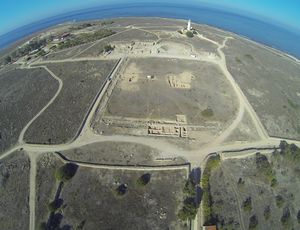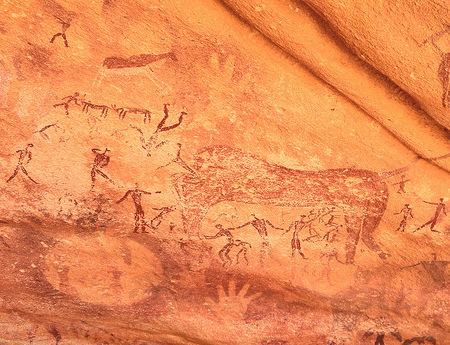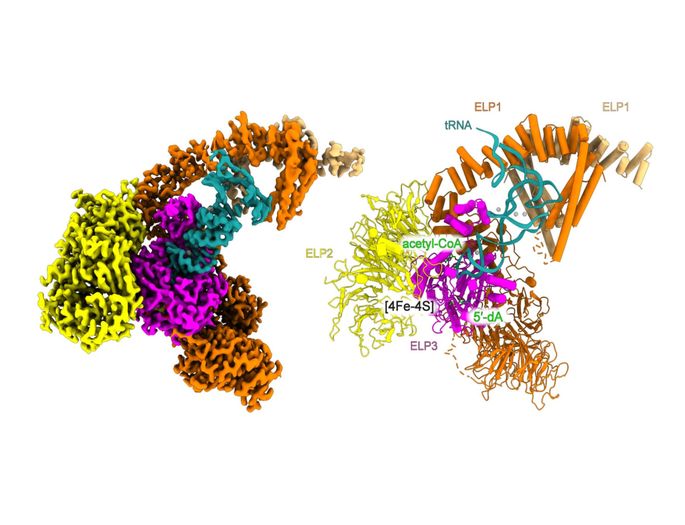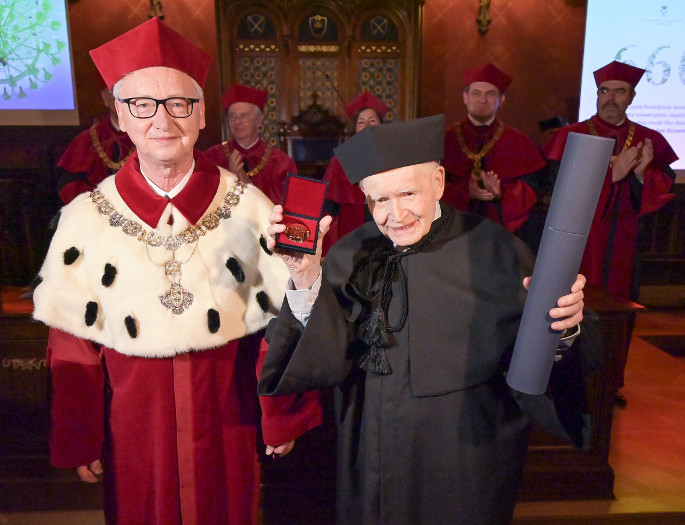
The year 2015 marks an excavation season of an unprecedented scale, with about 70 researchers participating in the Paphos Agora Project. Apart from specialists (including several scholars from the AGH University of Science and Technology, Jan Kochanowski University in Kielce and University of Hamburg), the expedition will also feature students and volunteers.
The first stage of the project, funded by a National Science Centre grant, Faculty of History's own funds as well as various sponsors, was realised in the years 2011–2014. It was led by Prof. Ewdoksia Papuci-Władyka, head of the Department of Classical Archaeology at the JU Institute of Archaeology.
"After four excavation seasons, we can be absolutely sure that we've been successful. In a very short period of time, we determined that the place in which we're conducting the excavations is indeed an agora. Additionally, we've discovered two large public buildings which have been erected in the Hellenistic period, and that allowed us to reach the conclusion that we've found the Hellenistic agora of the city of Paphos, located in the same spot as the Roman one," Prof. Ewdoksia Papuci-Władyka explained.
This year's research will be possible thanks to another National Science Centre's grant, Maestro 6 (nearly 3 million PLN). The project aims to explore and reconstruct the public space of the agora, the infrastructure and economic activity of the city using interdisciplinary methods. The archaeologists intend to reconstruct the agora and more accurately assess the time in which it functioned.
"In the second stage of the project, we will also move beyond the agora proper. Our aim is use geophysical methods to discover the infrastructure of Paphos and reconstruct the economic activity of the city. Its importance for the trade routes on the island and the eastern Mediterranean Sea will also be investigated," Prof. Papuci-Władyka informed.
The ancient city of Nea Paphos is one of the most important archaeological sites on Cyprus. It wasinscribed on the list of UNESCO World Heritage Sites. It is located in the western part of the island and was established around 300 BCE. In the beginning, it belonged to the Egyptian empire; after that, it was acquired by the Romans. From approximately 200 BCE to 350 CE, it served as the island's capital.





